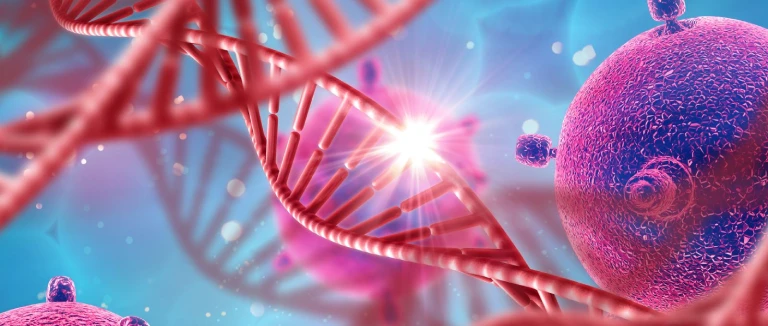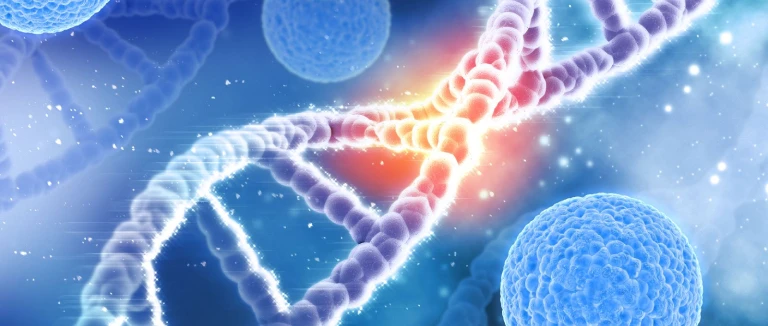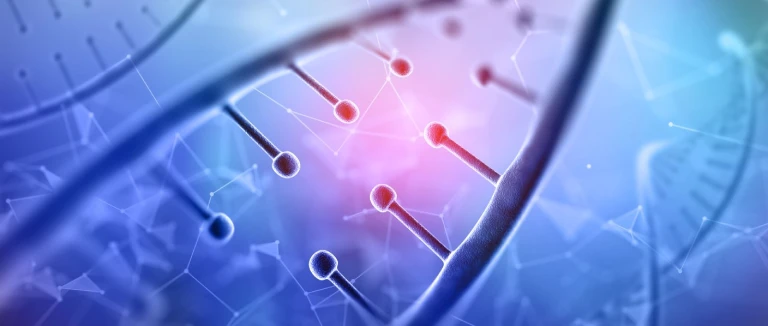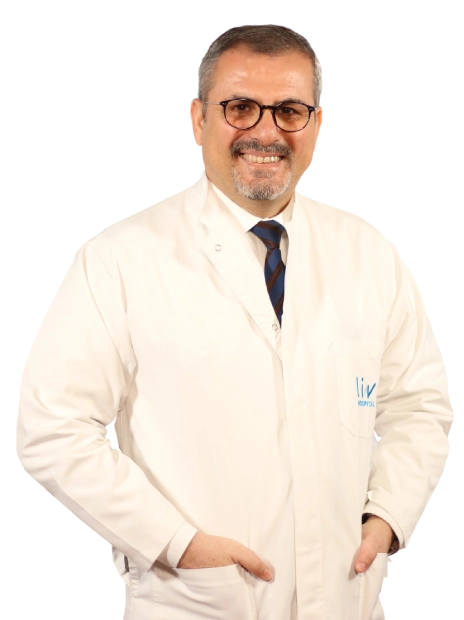
Stem cell therapy has been a savior for patients looking for a medical procedure for permanently treating various illnesses and injuries. Turkey is quickly becoming a hotspot for stem cell therapy thanks to its top-notch medical facilities, cutting-edge research facilities, and highly skilled medical staff. Stem cell therapy is opening up new pathways for healing and rehabilitation, from treating chronic illnesses to rebuilding damaged tissue, and Turkey is at the forefront of this exciting science.
This blog is essential reading for anybody interested in the future of stem cell therapy, and to understand regardless of whether you're a patient looking for treatment or a medical practitioner hoping to remain current on the most recent advancements. It provides a comprehensive study of the most recent developments, the best facilities and doctors, and Turkey's current state of stem cell therapy.
What Is The Stem Cell Treatment?
In Turkey, stem cells offer new hope for the repair of degenerative, injured, or diseased organs through transplant-based procedures. Often called regenerative medicine, this approach uses stem cells or their derivatives to restore function to damaged tissue. These undifferentiated cells are unique in that they can both self-renew and give rise to differentiated progeny cells with specialized functions. Instead of waiting for difficult-to-obtain organ donations, scientists are increasingly cultivating stem cells in the lab. As a result, transplantation medicine is steadily moving toward broader use of stem cell advancements.
Defined as the body's foundational units, stem cells have the capacity to develop into every other cell type needed for specialized tasks. When stem cells multiply, either in a person or in a laboratory, they produce daughter cells. These cells may become specialized, taking on roles as blood, bone, brain, or heart muscle cells, or remain as stem cells. This versatility is unique”no other cell in the body can generate such a broad variety of cell types.

How Is Stem Cell Treatment Performed?
Treatment plans using stem cells vary based on the condition being addressed. For instance, bone marrow transplantation is a widely used method, especially in the management of certain cancers like leukemia.
- Initially, the patient is determined if they are a good candidate for the stem cell treatment:
Several important considerations help decide if a patient is an appropriate candidate for stem cell therapy in Istanbul, including:
- The current well-being and medical history of the patient
- The stage of the disease or cancer and its type
- The possibility of curing the disease with a transplant
- Availability of patient's stem cells or an eligible donor.
For this therapy, viable stem cells are introduced into the patient's system, either to replenish cells destroyed by illness or chemotherapy, or to reinforce the donor's immune defenses in controlling blood-related cancers. These cells can be derived from a compatible donor or harvested from the patient's own healthy tissue. Another approach, stem cell IV therapy, utilizes regenerative medicine to target damaged cells, reduce inflammation, and regulate the body's immune responses.
This approach has potential benefits for a range of health issues, including neurological, inflammatory, and autoimmune diseases. Still, while stem cell therapy shows promise across multiple disorders, ongoing research is essential to fully evaluate both its risks and rewards.

Stem Cell Autism Treatment
Currently, there are no universally accepted protocols for applying stem cell therapy in the context of autism. As a result, treatment standards and methods may vary considerably from one clinic to another.
However, the treatment often includes the following phases:
- Pre-treatment evaluations: Patients are assessed for eligibility through tests like bloodwork, a review of their health history, and other exams.
- Collection: Stem cells are collected by multiple methods”including from bone marrow, umbilical cords, or donor placenta. They can also be directly extracted from a patient's fat, spinal fluid, or bone marrow. The process may cause some discomfort and is often invasive.
- Cultivation: Certain types of stem cells require growth time in a laboratory, which may last several weeks after collection.
- Stem cell injection: The harvested cells are introduced into the patient's body”either via a vein or the spinal canal. This delivery can be invasive and may require anesthesia or a hospital stay. Depending on individual needs and clinic protocols, injections can occur over days, weeks, or months.
Stem Cell Cost In Turkey
The cost of stem cell therapy in Istanbul generally fluctuates based on the particular methods used, the length of treatment, and the scope of pre- and post-treatment evaluations. Keep in mind these figures are only estimates and may differ depending on the specifics of each procedure.
Stem Cell In İstanbul : Liv Hospital
Liv Hospital is recognized as a premier destination for world-class healthcare in Turkey, delivering a wide range of services from advanced therapies to routine prevention. Every patient receives a complete diagnostic workup after a detailed discussion with their physician to address any concerns.
Aiming to shape the future of medical tourism in Turkey, Liv Hospital ensures comprehensive stem cell care tailored to individual needs and current pricing standards. With seven branches across the country, Liv Hospital stands for "Leading International Vision"”a name reflecting its mission. Patients benefit from cutting-edge facilities and outstanding healthcare, right in the heart of Istanbul.

* Liv Hospital Editorial Board has contributed to the publication of this content .
* Contents of this page is for informational purposes only. Please consult your doctor for diagnosis and treatment. The content of this page does not include information on medicinal health care at Liv Hospital .
